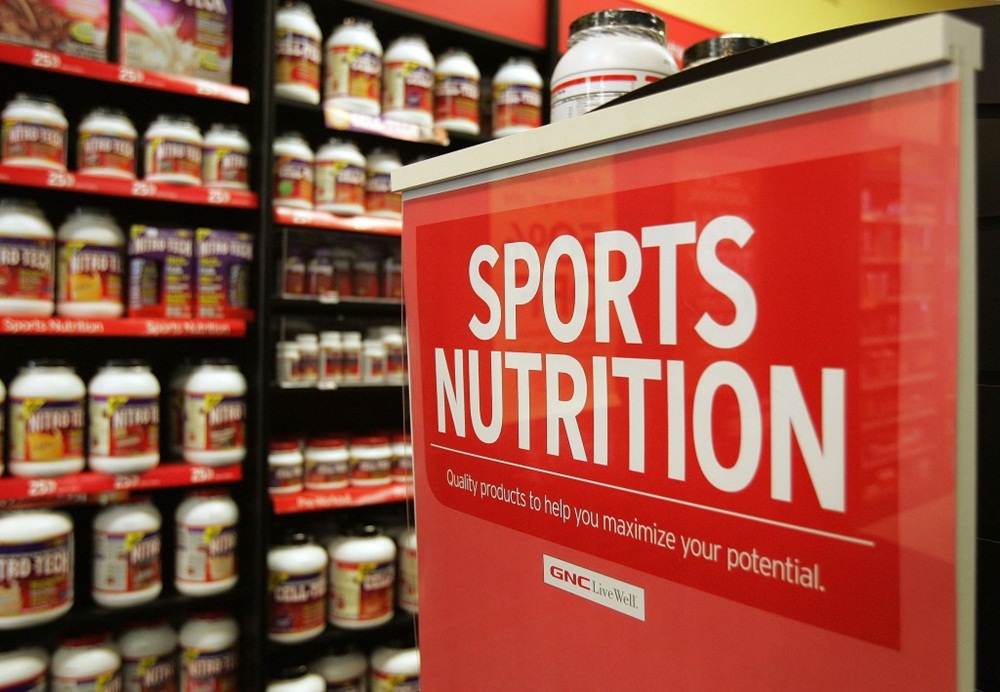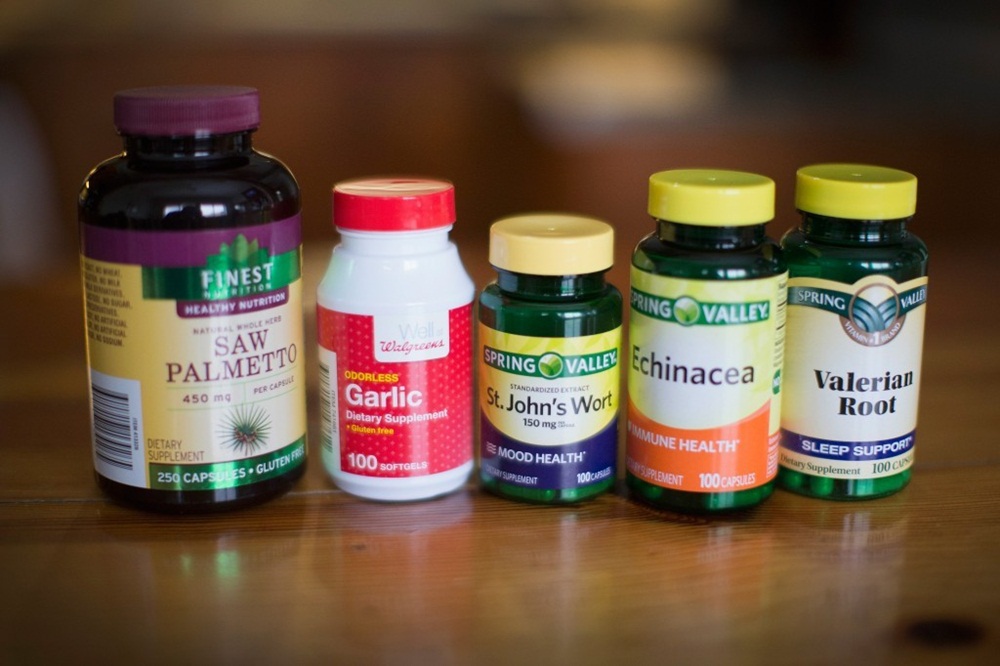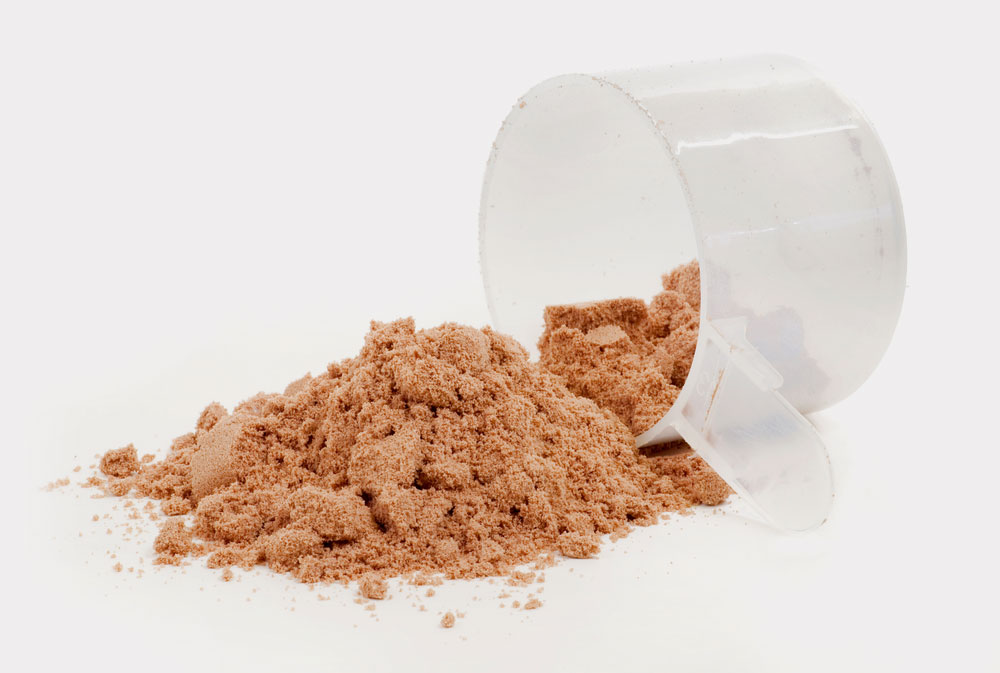3 Ways to Find Out if You’re Buying Fake Supplements
Ways to Find Out if You’re Buying Fake Supplements

As if eating clean and healthy wasn’t difficult enough, the recent revelation that many supplements on store shelves across the country are fake, counterfeit, or contaminated has made it that much harder. If you haven’t heard, investigations into the supplements being sold at a number of retailers — including large, national chains like Walmart, Walgreens, and even GNC — are not what the labels claim they are.
They’re fakes. Phonies.
In fact, some of the supplements were found to not contain a single herb of what they claimed. Consumers have been defrauded, and there was some big backlash that led to many changes for retailers. But the main problem is that the supplement market is unregulated — and the lure of the $5 billion market is luring companies and people who are willing to pass off fakes in order to rake in the cash.
The New York Times ran a big story in November 2013 that explains the whole thing — basically, a process called DNA barcoding was used to figure out what exactly was being sold as supplements at many retailers. It turns out, what everyone thought were healing herbs, vitamins, or minerals were really just soybeans, rice, and wheat. The testing was done on 44 different supplements, sold at 12 different retailers, some of which we mentioned previously.
Not only are many of the supplements that you might encounter on store shelves utterly worthless or fake, but some of them are even harmful. Dangerous imports from overseas have been found to be contaminated with heavy metals, which can lead to some significant problems. So this isn’t something to take lightly. As a consumer you need to know what to look for, and wise up before going shopping.
So, what can you do to be prepared? You’ll need to be a conscious, careful consumer. It’ll involve doing some research, and making wise decisions at the checkout stand — even if it means you spend a little more. We’ve boiled the process down to three main points which will help you tell if a supplement you’re planning to buy is genuine or fake.
1. Look for verification labels

Though labels can be a bit difficult to navigate, with a bunch of industry jargon and lists of seemingly unidentifiable ingredients, the answers you’re looking for are likely buried within. Specifically, you’ll want to look for a couple of different things: USP certification and an NSF label. USP certification means that the product has been tested and looked at by the U.S. Pharmacopeial Convention, which verifies that the listed ingredients do indeed exist, and that there is no contamination. An NSF label — given by NSF International, an independent health and safety organization — is a certification that the product is what it claims to be. It’s not quite the FDA, but these two labels are a good sign.
2. Find out where it’s coming from

You’ll need to take note of who is manufacturing the supplement in question and where they’re doing it. Certain parts of the world are notorious for pumping out fake supplements or those contaminated with really nasty stuff, like heavy metals. Be particularly wary of stuff coming from China or Mexico, for example, and do some research on the brand you’re buying. If the price is low — like, suspiciously low — there’s probably a reason.
3. Sleuth around

As you may have picked up on, it really all comes down to research. Dig into the details on the labels of whatever product you’re looking for, and start Googling (or Binging) away. In addition to looking for the aforementioned labels and searching for information about specific brands and companies, check with the FDA to see if the product shows up on their Tainted Products list. Another good place to look is on ConsumerLab, which does its own independent testing.
In the same way you’d research before you buy a computer or TV, dig around for more details around the supplements you’re planning to buy. If red flags come up, you’ll know you’re looking at a bad product. And don’t be afraid to ask the staff at your local supplement store, or a dietitian or trainer. They’ll know — it’s their job.





